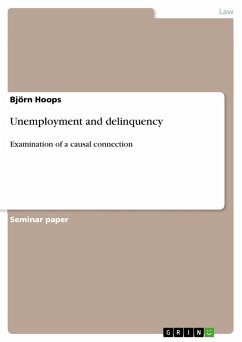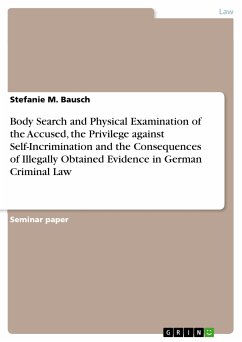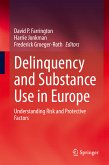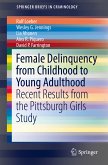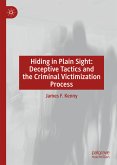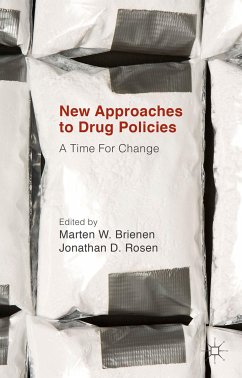Seminar paper from the year 2009 in the subject Law - Criminal process, Criminology, Law Enforcement, grade: 1,0, University of Bremen (Hanse Law School), course: Kriminologie und Grundlagen des Strafrechts, language: English, abstract: It is a stereotype and a lot of people think it true: Unemployed people are more criminal than others. Based on empirical studies and criminological essays, this paper shall find out if this is actually true. It shall be examined if there is a direct connection between unemployment and delinquency, focusing on the individuals and the question if unemployment causes them to commit a crime. To become acquainted with the origins of delinquency and the situation of unemployed individuals, the work of Hirschi and the report of Krüger and Amelang, which contain essential information, have been of great importance. To gather empirical evidence for a connection, criminal statistics and other empirical studies shall be examined at first. Afterwards, the consequences of unemployment and the causes of delinquency shall be described. Eventually it shall be determined if consequences and causes correspond to each other or induce one another. Referring to the results the conclusion will answer the question if there is a link.
